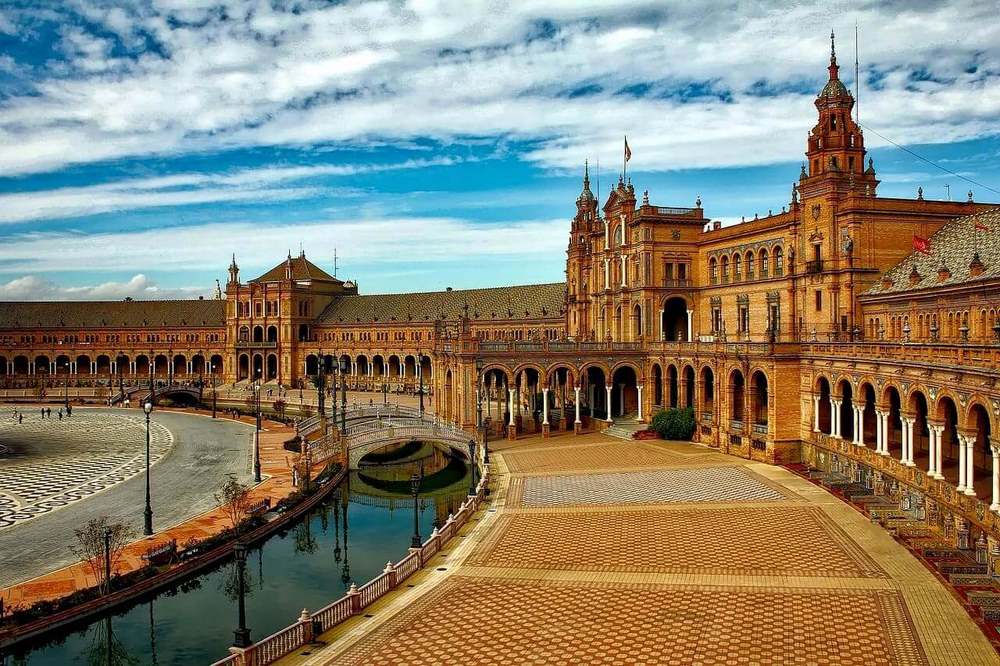
Which Languages Are Spoken in Spain?
Spanish is widely known as the official language of Spain, but did you know that it is not the only language spoken throughout the country? Did you know that there are four official languages spoken in Spain? While most people are familiar with Castilian Spanish, it may surprise you that there are three other official languages spoken throughout the country and other interesting languages widely spoken in that country.. Let's explore a bit more about each language.
The Four Official Languages of Spain
Spain has four official languages recognized by the Constitution:
- Castilian Spanish (Castellano): The primary language of Spain, spoken by the majority of its 47 million citizens. It originated in central and northern Spain during the 9th century and became the country’s official language after the unification of Spain in the 15th century. Today, it is used nationwide in government, business, and communication.
- Catalan (Català): A co-official language in Catalonia, Valencia, and the Balearic Islands, spoken by around 9 million people. Catalan evolved as a distinct Romance language with historical ties to French and Occitan.
- Galician (Galego): Spoken by approximately 2.4 million people in Galicia, this Romance language shares a close historical relationship with Portuguese, as both originated from the Galician-Portuguese language of the Middle Ages. Galician has its own grammar and vocabulary.
- Basque (Euskera): An ancient language spoken in the Basque Country and Navarre by about 700,000 people. Unlike other languages in Spain, Basque is a language isolate, with no ties to the Indo-European language family. It predates the Romanization of the Iberian Peninsula and is considered one of Europe’s oldest living languages.
Regional and Minority Languages
- Aranese (Aranès) is a variety of Occitan spoken in the Val d'Aran, a small valley in the Pyrenees in Catalonia. It is one of the few remaining varieties of Occitan in Spain and is co-official in Catalonia alongside Catalan and Castilian Spanish. Despite its small number of speakers—around 4,000—it has legal protection and efforts are being made to preserve and revitalize it through educational programs and cultural initiatives.
- Asturian-Leonese (Astur-Leonés) refers to the dialects spoken in the regions of Asturias and parts of Castile and León. Asturian, often referred to as Bable, is spoken by around 100,000 people, with about 500,000 people having some understanding of the language. While not an official language, it enjoys a protected status in Asturias, where regional authorities have been promoting its use in education and literature.
- Aragonese (Aragonés) is spoken in the rural regions of Aragon, particularly in the northern areas close to the Pyrenees. Once widely spoken, it now has around 25,000 active speakers, with efforts underway to preserve it as an endangered language. While it doesn’t have official status, local initiatives focus on revitalization and increasing its visibility in the region.
- Extremaduran is spoken by a small population in Extremadura and parts of Salamanca, with fewer than 100,000 active speakers. It shares roots with Leonese and Castilian Spanish but is distinct in its phonetics and vocabulary. Although not officially recognized, there are efforts by local groups to preserve and revitalize the language.
- Andalusian and Murcian Dialects are varieties of Castilian Spanish spoken in the southern regions of Andalusia and Murcia. These dialects feature distinctive pronunciation, vocabulary, and grammar, influenced by centuries of contact with Arabic and other languages. They are often considered dialects rather than languages, but they still reflect a unique cultural identity and are an integral part of the local heritage.
Foreign Languages
Alongside the native languages, Spain has seen an increase in migration-related languages due to its growing multicultural population. English is widely spoken, particularly in urban areas like Madrid and Barcelona, where international businesses and expatriates contribute to its prevalence. Arabic, spoken by Moroccan and other North African communities, is another prominent language, especially in regions such as Catalonia and Andalusia. Other languages, such as Romanian, French, and Chinese, are spoken by immigrant communities, particularly in larger cities and areas with significant foreign populations.
As you can see, there are a variety of different languages spoken in Spain. From Castilian Spanish which is used as the official language throughout the country to regional dialects such as Catalan and Basque which have been preserved for hundreds if not thousands of years - there's something for everyone when it comes to exploring Spain's linguistic diversity.







